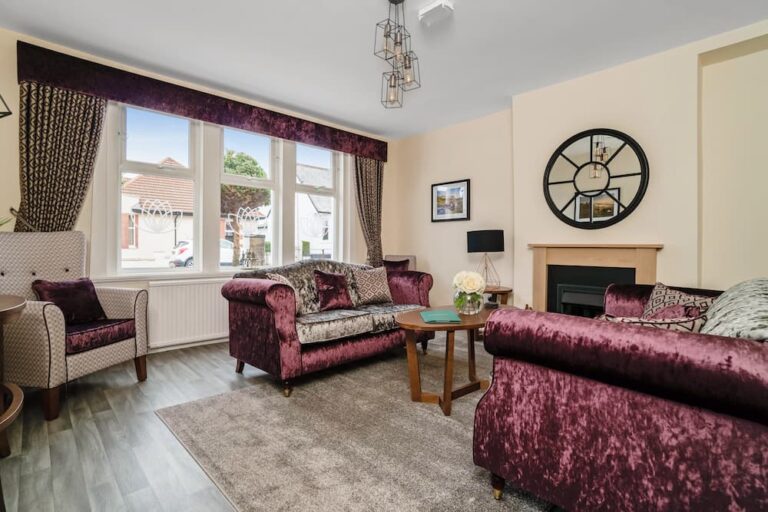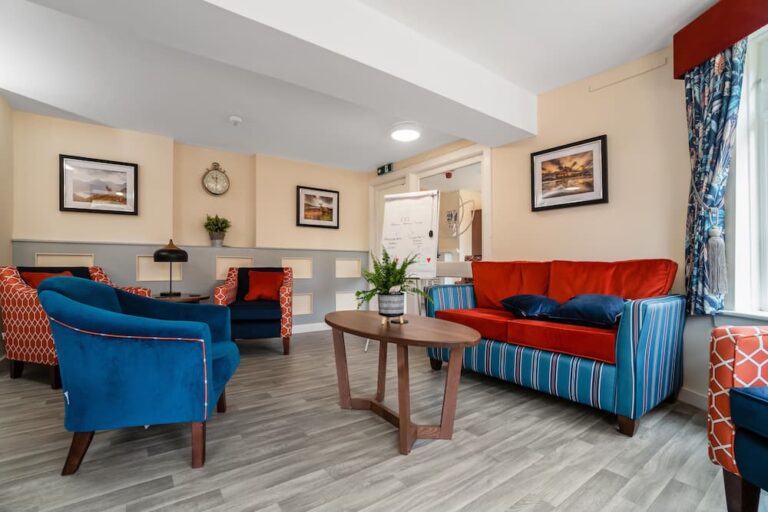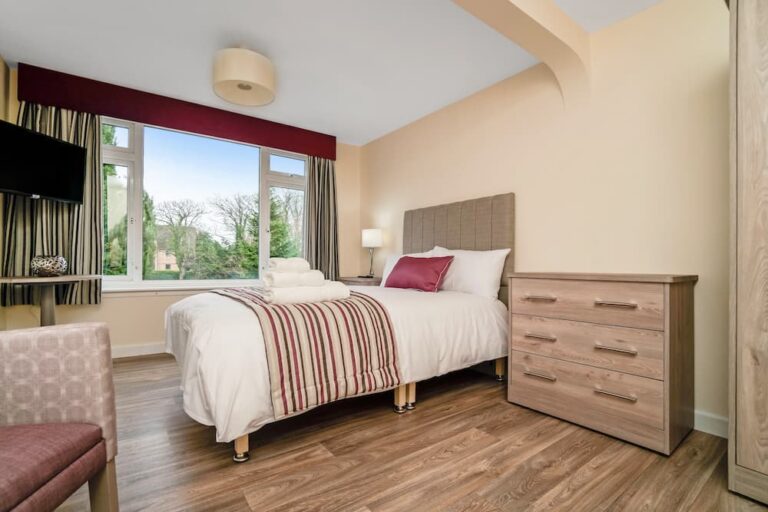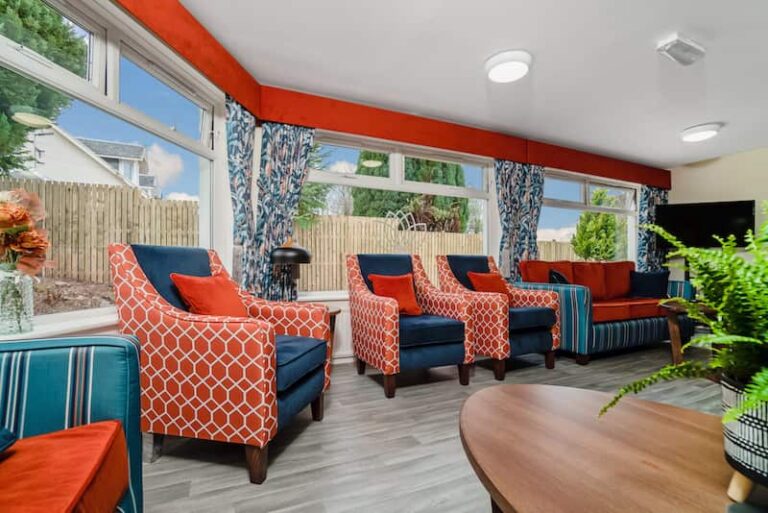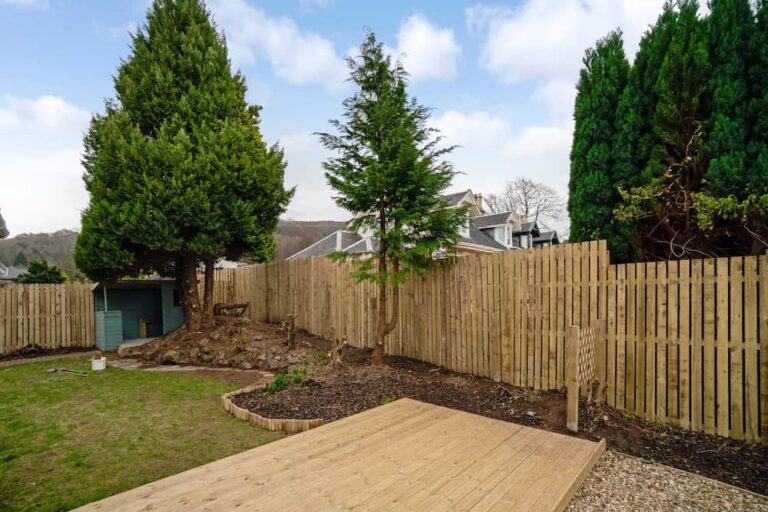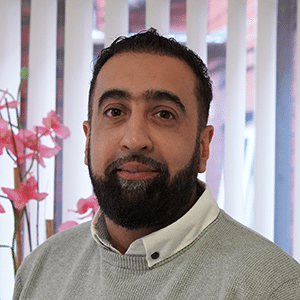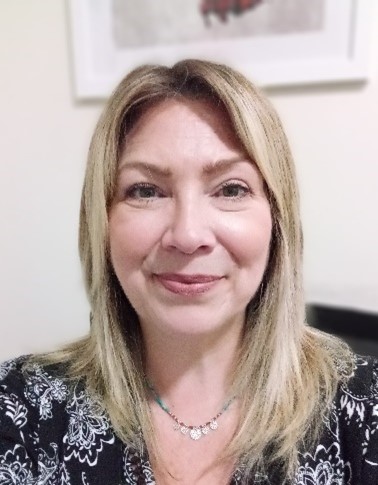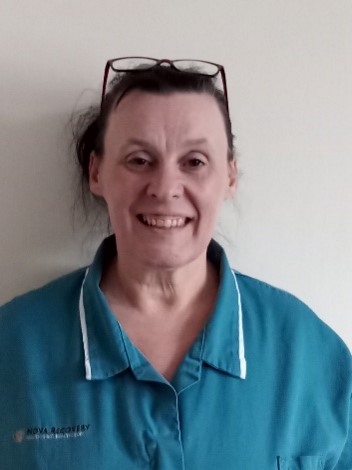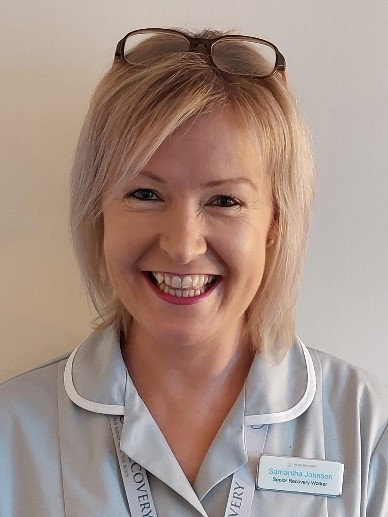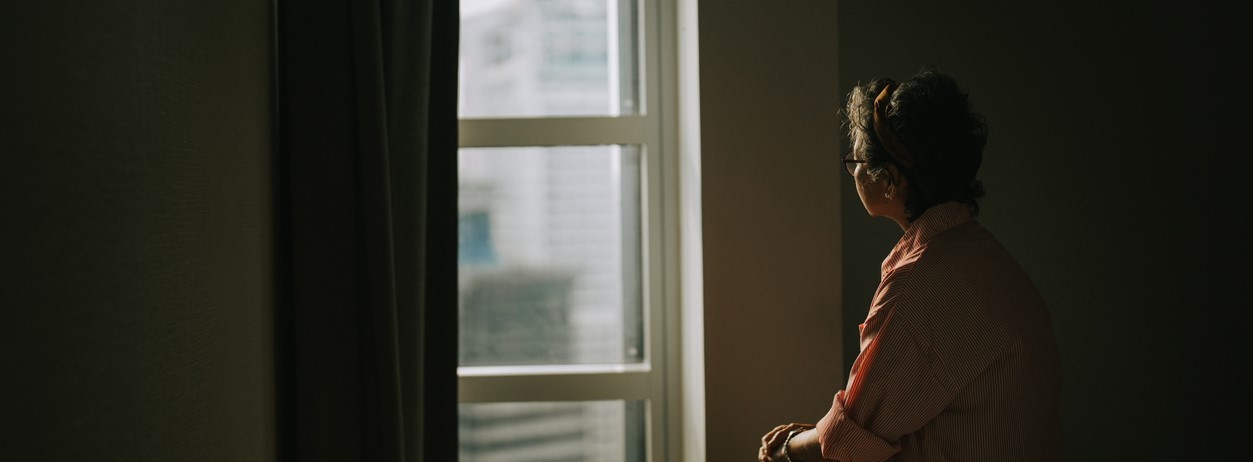Aftercare and Relapse Prevention
The main goal of rehab is to have you feeling much better when you leave than when you arrived. This can often be more than just ridding you of your addiction.
Rehab centres take a holistic approach when it comes to addiction recovery and aim to help you rebuild your confidence, restore your balance in life, and improve your resilience.
The aftercare team after rehab can help you with many things such as:
- Helping with housing benefit applications
- Helping you with job applications
- Providing you with all of the support you need to commence your new life when you leave the rehab centre.
When you are in a rehab centre, it’s easier to avoid your usual triggers for your addiction. However, these triggers may return when you go back home to your usual environment.
Recovery from addiction lasts a lifetime, and it’s something that you need to continue working on. It will get easier as time goes on.
The aftercare that you get when you leave rehab can include regular therapy sessions, counselling sessions, and more to help make sure you continue your recovery journey after leaving the treatment centre.


